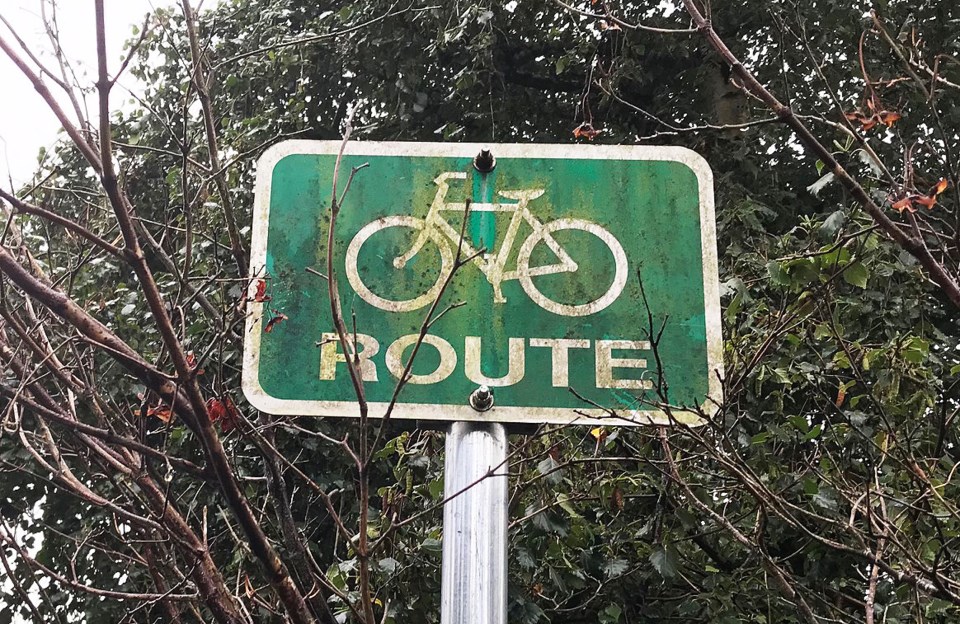The city is hosting two "drop-in style" public information meetings on Delta’s proposed Cycling Master Plan.
Council this spring received a draft cycling plan and agreed to proceed with public consultation.
The plan was developed based on public feedback from an initial round of public consultation, as well as consultation with Delta HUB Cycling and civic committees.
The plan is a visioning document with long-term goals to help guide Delta's investments in cycling over the next 20 years.
A report on the draft plan notes network gaps identified include 56 Street, 12and 28 avenues in Tsawwassen, 64 Street, Ferry Road and 44 Avenue in Ladner, as well as 112 Street, 80 Avenue and Nordel Way in North Delta.
Future community linkage bike lane upgrades have also been identified including Arthur Drive, River Road and Ladner Trunk Road.
Other components of the plan include safety improvements, education and infrastructure maintenance.
The report explains the proposed plan focuses on creating a city-wide network of bicycle facilities that are physically separated from traffic and on streets with low traffic volumes.
Several challenges and opportunities were identified in a survey. The top issues, according to the survey, include a lack of dedicated on-street bicycle lanes, a lack of bicycle routes that are physically separated from traffic and gaps in the cycling network.
“Delta's existing on-street cycling network is made up of painted bicycle lanes, signed routes, and paved shoulders. Cycling on shared facilities on quiet local roads is often comfortable for most people, but riding on unprotected, on-street facilities on major roads may not be,” the draft plan states.
The plan lists proposed new cycling routes, as well as upgrading current routes, that have been prioritized from high, medium-high, medium, medium-low to low.
The total estimated cost for all the new high-priority routes alone would be over $16.4 million, while the cost for upgrading high-priority routes would be over $13.1 million.
The other priority categories would further add to the cost of the plan, which in the end would have a total combined cost of $104,711,880.
The report also breaks down various funding scenarios for Delta’s five-year capital planning cycle.
If the city spends $100,000 per year over each cycle, it would take 59 years to complete the high-priority cycling projects identified in the plan, and much longer to complete all routes.
Increasing the annual funding would speed up the process.
The upcoming information sessions will take place Wednesday, Aug. 10 at the Delta City Hall (4500 Clarence Taylor Crescent) and Thursday, Aug. 11 at the Kennedy Seniors Recreation Centre (11760 88 Ave). Both sessions will take place between 5:30 and 8 p.m.



